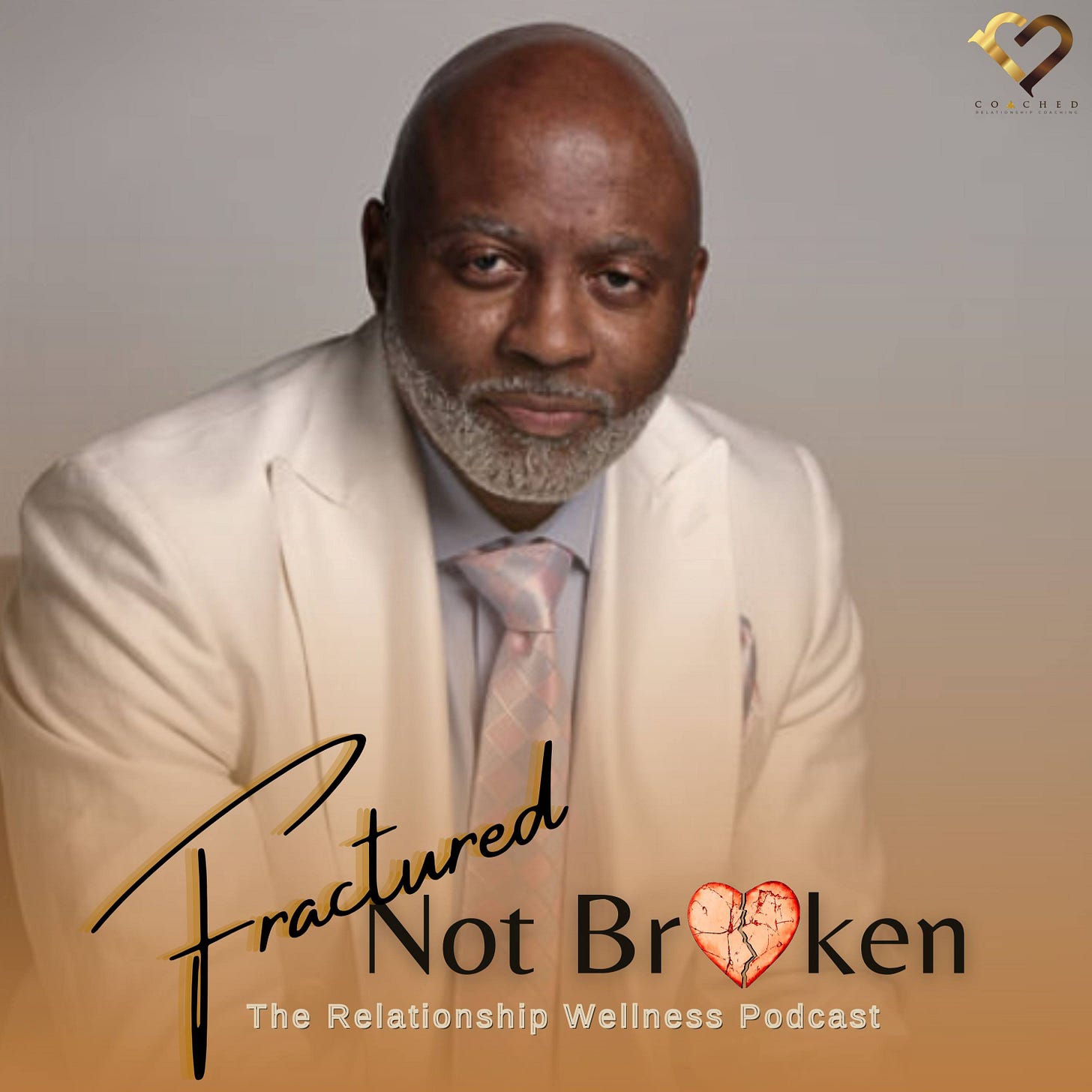Organizational Values: Accountability
Welcome to episode twenty-three of Fractured, Not Broken: The Relationship Wellness Podcast.
As you know, my company, RU Coached, provides relationship expertise to working professionals and leaders.
When I think of the workplace, every organization has important core values which guide their employees and leaders. Common core values include:
1. Accountability
2. Integrity
3. Transparency
4. Collaboration
Although I see signs of these and other core values being embraced in the workplace, I often wonder whether the formal trainings and informal conversations about core values mirror what is really happening between work colleagues. Core values can only work if people “practice what they preach,” as the saying goes.
One of the most important core values which helps to ensure the successful operation of an organization is called accountability. This core value is important at every job, whether in the service industry, academics, finance, or at any other type of workplace.
Do employees meet deadlines as promised? If not, do they provide reasonable explanations with the promise that a new deadline will be met? Are interactions within various departments honest and transparent? Do individuals accept responsibility when something goes wrong in their areas and do they make concerted efforts to repair the damages?
The first ingredient in the recipe of how to effectively hold others accountable is agreement. Such agreements are made up front, during careful and deliberate discussions that produce a sense of what decisions the involved parties are willing to make.
I offer the DCIDE model as a pathway to encourage agreement, followed by accountability. The D stands for Define/Discuss; the C stands for Communicate; the I will stand for the actions of Introducing/Initiating; the second D stands for Design; and the E stands for Execute.
Using the DCIDE model, individuals can avoid the “AAA’s” which cause tension and friction. The “AAA’s” are attacking, accusing, and assuming, which are all actions to be avoided.
Instead, of confronting a colleague about why an agreement was not followed through on, discuss the matter with fair-minded communication, introduce and design a solution, and execute the agreement the next time. We are all just trying to be better and show up with our best selves present. That is true in life, as well as in the workplace.
The demonstration of core values by leadership certainly can help to motivate employees. Accountability, for example, needs to be woven in throughout an organization from the top down, and be demonstrated through action. Accountability equates to keeping the same standards for all.
The most successful organizations with the most effective leaders work diligently to ensure that accountability is practiced at every level and that consequences are fairly applied.
Let’s take the scenario of a company which sells a product, which in the end, is not up to par, and customer feedback is less than positive. Perhaps members of one of the company’s teams are not performing to standards, yet they are not being held accountable. Perhaps they are lax on the agreements that they made.
In order to turn this situation around, and march towards excellence, leaders can look inwardly and check if their managers are communicating clearly and consistently with their employees. Are reminders happening? Are questions being considered? When obstacles show up, are they hidden away or shared honestly with management, in the spirit of improvement? Navigating these issues can help to produce the desired results in the end, and pave the road to accountability—after both successes and failures happen.
As you know, employees look to their leaders to demonstrate accountability, as well. When management takes responsibility for their actions, leaders will motivate the people who report to them, and encourage the same behaviors to be modeled.
Organizations which struggle with these issues can consider coaching to weave their core values throughout the fabric of the workplace, at every level. Coaches can provide objective, consistent, and confidential support.
If this content resonates, I would love to set up a discovery call. During that call, we can determine if our goals are aligned and how I can apply workplace relationship expertise and experience to a specific situation, or globally, across the board.
To learn more about me and RU Coached, please visit https://linkt.ree/rucoached
Author’s Note: Special thanks to Sylvia Blair of Blair Copywriting and Communications, LLC, for her assistance in preparing this newsletter post.




